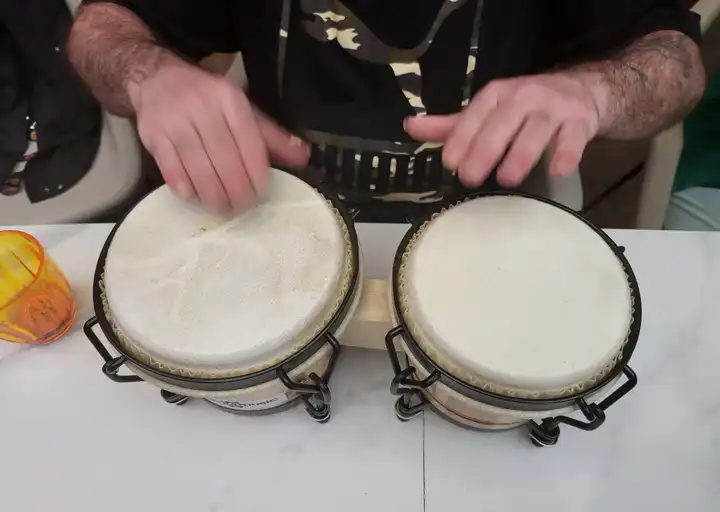
1 minute read
Pe rs o n-cent re d carewhat doe s it mea n?
In the fields of brain injury rehabilitation, caring for adults with complex needs and caring for adults with learning disabilities, a ‘one size fits all’ approach would consistently fail. In all walks of life we are all individuals with different personalities, characteristics and preferences. When an acquired brain injury or learning disability is added to the mix, then catering for individual needs is more important than ever. But what does that mean in practice?
At Richardson Care we really try to get to know the person and understand their needs. We have a multi-disciplinary team (MDT) of therapists who are all involved with each individual’s care to a greater or lesser extent. This MDT comprises a consultant neuropsychiatrist, clinical psychologist, assistant psychologists, neuro-physiotherapist, speech & language therapist and occupational therapist.
Advertisement
The multi-disciplinary team meets regularly to review and discuss the care package that is put together for each individual.
We aim to deliver the most effective care while reducing the administrative burden by providing an inclusive care package. This means that funding is agreed at the outset and we don’t have to put in extra requests for additional ad hoc support.
The managers and care staff implement the care plan on a daily basis and each service user also has a dedicated key worker.
They get to know them very well and provide valuable continuity in their care.
Thinking outside the box
Person-centred care can also mean thinking outside the box to deliver the right type of therapy and activities to placements and to take service users on holiday – something that they may not have done since sustaining a brain injury.
Clinical psychology provision
We have found that ongoing clinical psychology provision delivered by a dedicated team is crucial for the well-being and progress of service users. It helps to maintain their mental health and any problems can be addressed early, helping to prevent the need for crisis care. In addition, providing bespoke psychological support enables the person to better engage in other therapies. This is facilitated by the close collaboration of the MDT.
encourage confidence building, for example, or physical dexterity. These activities may include arts and crafts, music, drama, sport, computer games, board games, cooking, shopping or gardening. At Richardson Care we are also willing to offer different activities such as work
We have also found that reducing drug therapy and focussing on psychosocial approaches can result in better outcomes for service users in the longer term.
For more information call 01604 792166 or visit richardsoncares.co.uk.




Membership
✓ Daily exclusive content
✓ Weekly interviews and opinion
✓ Monthly special insight reports
✓ Bi-monthly digital immersive magazines


✓ Full access to the NR Times digital archives nrtimes.co.uk/subscribe











